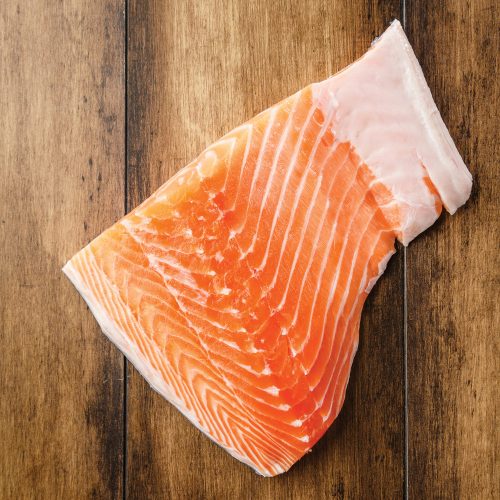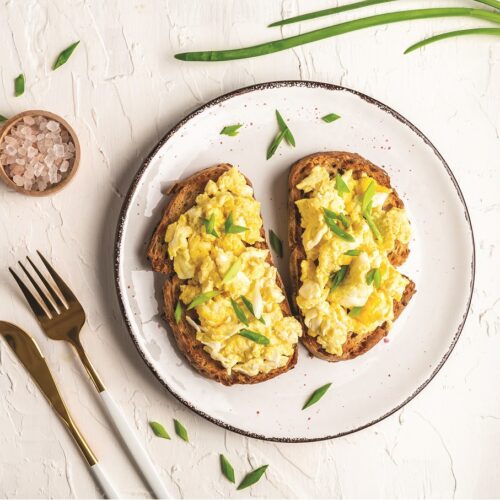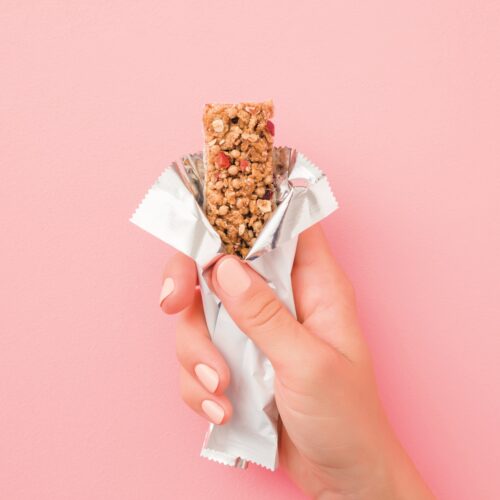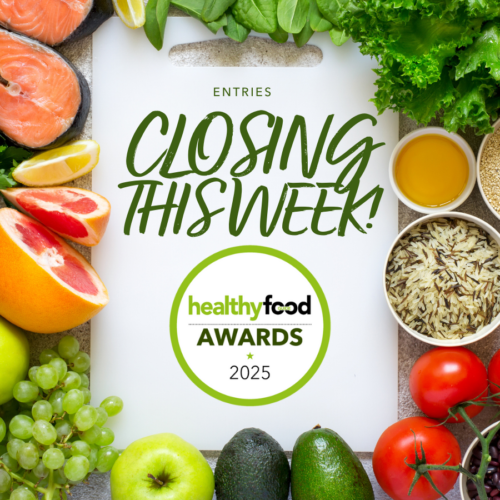
Is it worth shelling out for ‘supercharged’ ingredients? We compare some of the so-called ‘superfood’ trends with everyday foods to see if you’re actually buying better nutrition.
Star nutrient: Omega-3 fats
Superfood: Chia seeds
- Per 1 tablespoon (10g)
- 1.9g omega-3 fats
- $0.50
Everyday hero: Salmon
- Per 110g NZ King salmon
- 2.5g omega-3 fats
- $3.70
Chia seeds
Sprinkle on cereals or salads or add to muffins. You can also buy products with chia seeds such as puddings, bread and snack bars.
Why the health halo?
These tiny seeds are packed with protein and fibre. But the biggest draw is their high omega-3 fat content. Omega-3 fats are linked to keeping our heart, brain and eyesight healthy, and our triglyceride levels and blood pressure within the safe spectrum.
Is the hype justified?
They’re a source of protein and fibre (around 2g protein and 4g fibre in 1 tablespoon). Just 1 tablespoon of chia provides 1.9g ALA, an omega-3 fat essential to our diets, so they’re a good choice for topping up intakes.
Salmon
New Zealand King salmon contains protein and many other nutrients, including potassium, phosphorus, selenium, and vitamins B1, B3, B6, B12, D and E. New Zealand King salmon generally contains more fat than Atlantic salmon, so it has a higher omega-3 content, with around 2.5g long-chain omega-3s in a 110g serve.
Before you buy
Not all omega-3s are the same. The health benefits seem to be specific to the ready-made long chain type (DHA and EPA), found in oily fish. Chia seeds contain short chain omega-3 fat (ALA), which needs to be converted by the body into long chain, but this process doesn’t work very efficiently. Nevertheless, if you follow a vegetarian diet, adding chia seeds to your daily menu is a good way to get some essential omega-3 fat.
Star nutrient: Vitamin C
Superfood: Goji berries
- Per 1/4 cup dried (25g)
- 11-130mg vitamin C
- $1.00
Everyday hero: Strawberries
- Per 1/2 cup fresh (80g)
- 36mg vitamin C
- $0.80
Goji berries
Snack on them straight from the pack, or in a mix with nuts if you find the flavour too bitter. You can bake them into muesli bars, too, or mix a handful into muesli or natural yoghurt.
Why the health halo?
They contain vitamins B2 and A, iron and selenium, as well as around 3g fibre per 25g serve. They also contain antioxidant-rich polyphenols. But it’s their high vitamin C content that’s often promoted. We’re advised to get around 190-220mg (for women/men) vitamin C a day to help protect our bodies from cell damage. This antioxidant is also needed for making collagen and for absorbing iron from vegetarian foods.
Is the hype justified?
The vitamin C content of goji berries depends on the form the fruit is in. Dried berries contain very little, while fresh (more difficult to come by) and goji-based juices can contain more. Check individual product labels.
Strawberries
Per serve, strawberries can contain more than three times the amount of vitamin C in dried goji berries – and they cost less. They’re also readily available when in season and are really versatile, making a naturally sweet snack, low-kilojoule dessert or breakfast contribution to your 5+a day. Strawberries also contain a range of polyphenol antioxidants which, like vitamin C, can help to protect against cell-damaging free radicals.
Before you buy
Goji berries contain unique antioxidants, but we need a variety of antioxidants to keep us healthy, so it’s better to choose a wide range of fruits and vegetables each day rather than championing just one. Added to this, the evidence for goji berries’ superfood status is poor – most studies tested only small numbers and used purified extracts of the fruit at much higher concentrations than those found naturally.
Article sources and references
- New Zealand King salmon www.nurturedseafood.com Accessed November 2016http://www.nurturedseafood.com/
- USDA Branded Food Products Database. Release September, 2016. https://ndb.nal.usda.gov/ndb/search/list Accessed November 2016https://ndb.nal.usda.gov/ndb/
www.healthyfood.com











